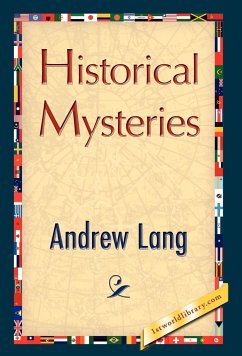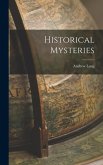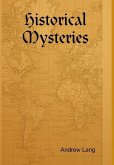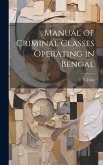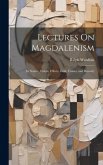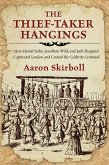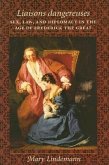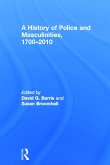The aim of this book is to prove that the Homeric Epics, as wholes, and apart from passages gravely suspected in antiquity, present a perfectly harmonious picture of the entire life and civilisation of one single age. The faint variations in the design are not greater than such as mark every moment of culture, for in all there is some movement; in all, cases are modified by circumstances. If our contention be true, it will follow that the poems themselves, as wholes, are the product of a single age, not a mosaic of the work of several changeful centuries. This must be the case-if the life drawn is harmonious, the picture must be the work of a single epoch-for it is not in the nature of early uncritical times that later poets should adhere, or even try to adhere, to the minute details of law, custom, opinion, dress, weapons, houses, and so on, as presented in earlier lays or sagas on the same set of subjects. Even less are poets in uncritical times inclined to "archaise," either by attempting to draw fancy pictures of the manners of the past, or by making researches in graves, or among old votive offerings in temples, for the purpose of "preserving local colour." The idea of such archaising is peculiar to modern times.
Hinweis: Dieser Artikel kann nur an eine deutsche Lieferadresse ausgeliefert werden.
Hinweis: Dieser Artikel kann nur an eine deutsche Lieferadresse ausgeliefert werden.

